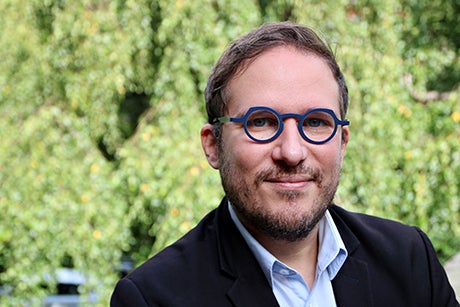
Queering Multilingualism
Organizer
Tommaso Milani (University of Gothenburg, Sweden)
Presenters
Holly Cashman, University of the New Hampshire
William L. Leap, American University and Florida Atlantic University
John Walsh, National University of Ireland, Galway
Abstract
This panel takes as it point of departure Ingrid Piller and Aneta Pavlenko’s observation over 15 years ago that “While language and gender studies have been characterized by a widespread monolingual bias, research in mainstream bilingualism and SLA has suffered from just as widespread gender-blindness” (2001:3). Moreover, even when scholarship tries to bring together multilingualism, gender and sexuality, it seems to treat gender and sexuality as epiphenomenal to multilingualism. Put differently, gender and sexuality are treated as something that occurs “alongside” multilingualism; they are seen as a “by-product” of multilingualism, rather being part and parcel of multilingual lived experience. An exception is offered by Holly Cashman’s (2017) book-length inquiry into bilingual practices among a group of queer Latinx in Phoenix, Arizona. In framing the relationship between bilingualism and sexuality theoretically, Cashman provides two important notes of caution:
I do not want to fall into the trap of essentializing LGBTQ language practices. I am interested in queer languaging rather than queer languages. I am also interested in queering the notion of bilingualism rather than claiming the existence of a queer bilingualism. (2017:66)
It is precisely queer languaging and queering bi/multilingualism that this panel seeks focus on through a variety of empirical case studies from Ireland, South Africa and the United States. More specifically, the contributions to the panel seek to address the following questions: What ideological resources are offered by different named languages (e.g. ‘English’, ‘isiXhosa’, ‘Irish’, ‘Spanish’) to queer speakers? And how are these resources mobilized in discourse and for what purpose? How and why is queer languaging linked to processes of ‘making space and locating self’ (Jaworski and Thurlow 2010)? That is, how and why is queer subjectivity formation imbricated with the discursive construction of place(s) (the home, the neighbourhood, the city, the nation-state)? How does queer subjectivity resist to place making exclusions practices by others? In order to address these questions, the contributions to the panel will mobilize different analytical frameworks such as multimodal critical discourse analysis, conversation analysis and ethnographic techniques, which collectively will seek to expand on the broader theoretical project of queering multilingualism.
Organizer’s Bio
Tommaso M. Milani is Professor of Multilingualism at the University of Gothenburg and Visiting Professor at the University of the Witwatersrand, Johannesburg. He identifies as a critical sociolinguist who is interested in unveiling how power inequalities and discrimination are produced and contested through a variety of meaning-making resources (language, images, the body). He has researched language ideological debates in Sweden, the United Kingdom and South Africa showing how even ‘well-meant’ attempts to recognize linguistic and cultural diversities were ultimately undergirded by pernicious hegemonic ideologies that position the ‘Other’ (migrants, multilingual speakers, etc.) as less valuable than the national ‘Self’. Looking at the contexts of South Africa and Israel/Palestine), he has also researched how the body speaks politically in queer protests staged against mainstream LGBT Pride parades in Johannesburg and Tel Aviv. He is currently the principal investigator on a large trans-disciplinary project funded by the Swedish Research Council that investigates compulsory citizenship and democracy education for newly arrived adult migrants in Sweden. Tommaso Milani has published over 70 articles and book chapters in international peer-reviewed publications. Among his most recent research outputs are the edited collections Language and Masculinities (Routledge, 2015) and Queering Language, Gender and Sexuality (Equinox 2018). He co-edited the journal Gender and Language with Carmen Caldas-Coulthard (2014-2019) and he has recently been appointed as General Co-Editor of Language in Society (with Susan Ehrlich).
